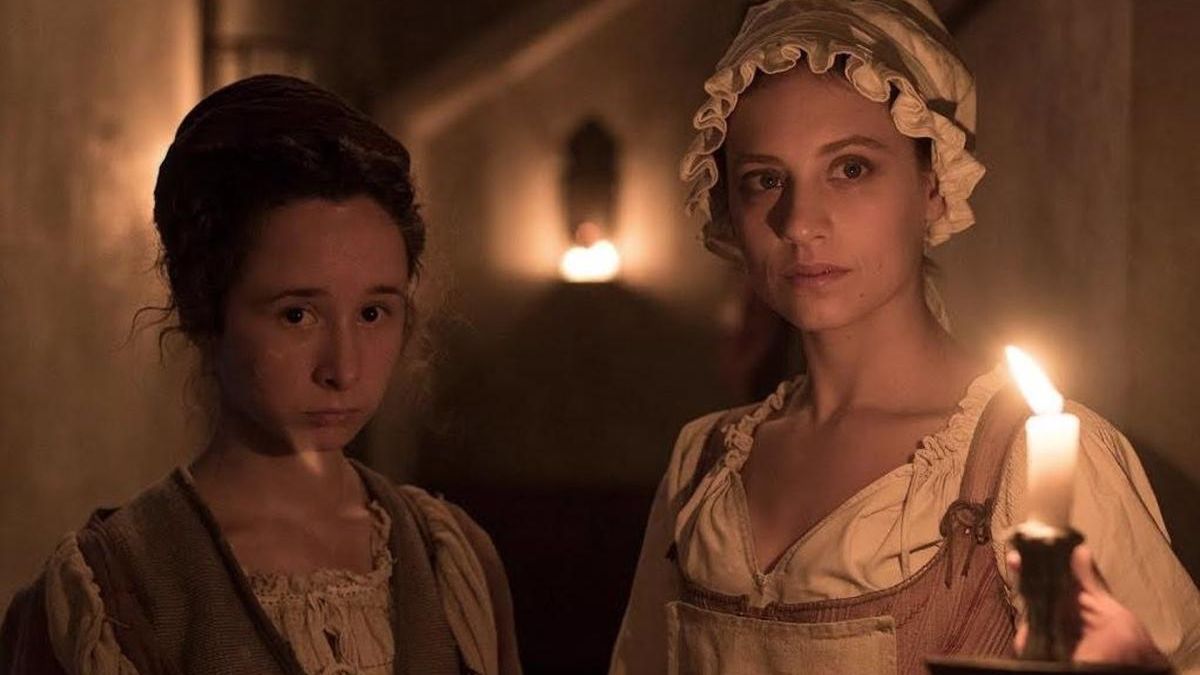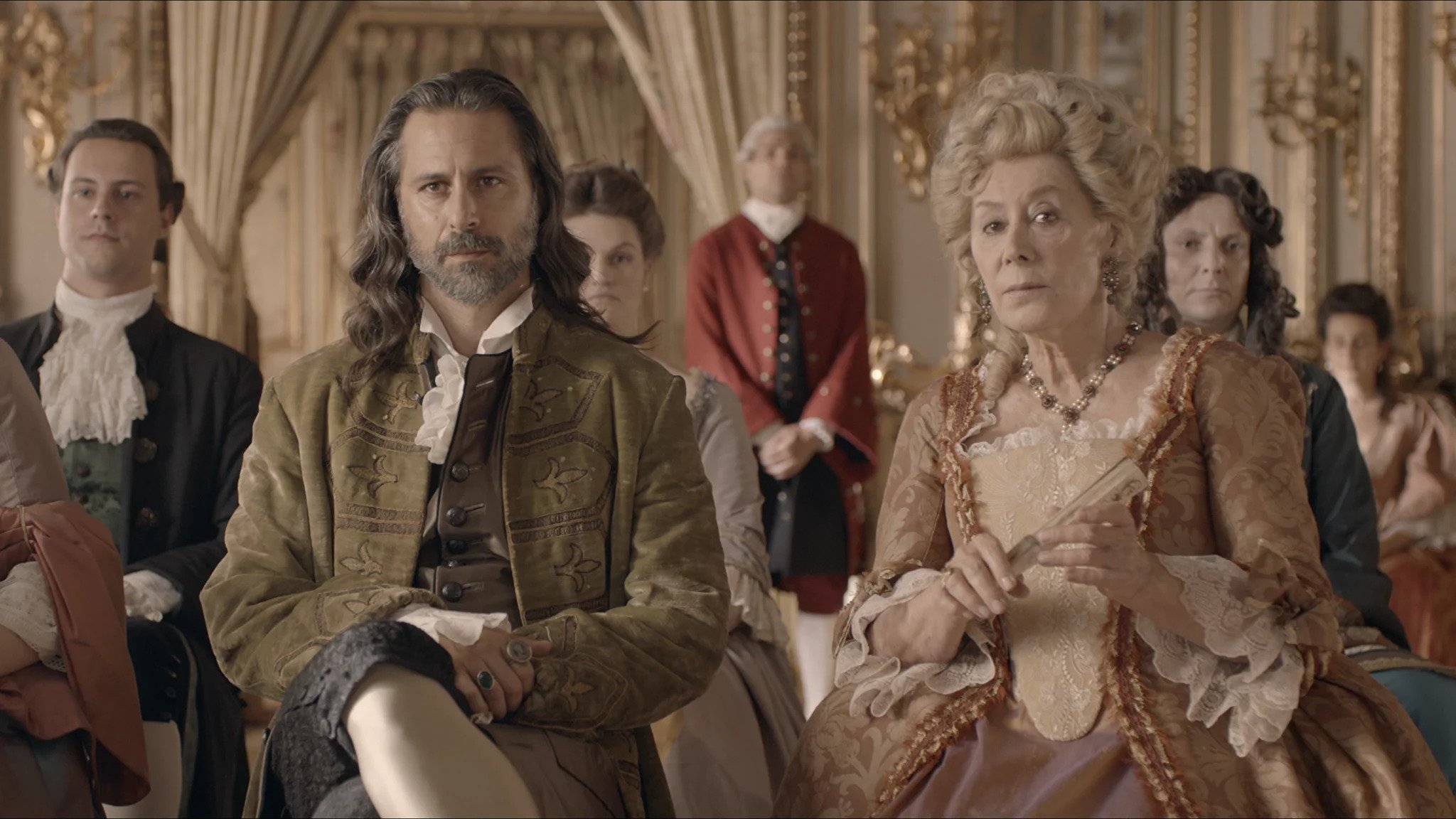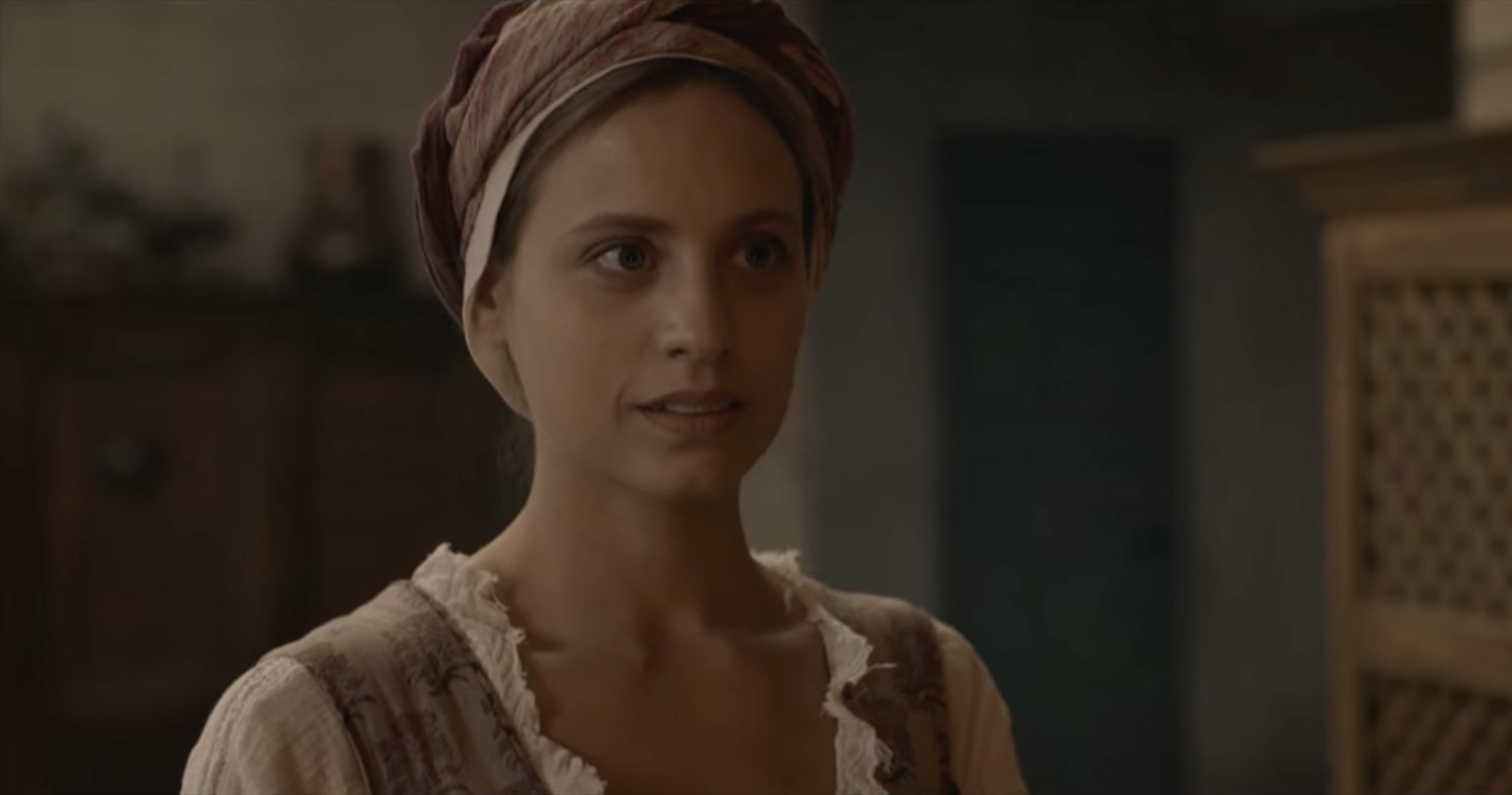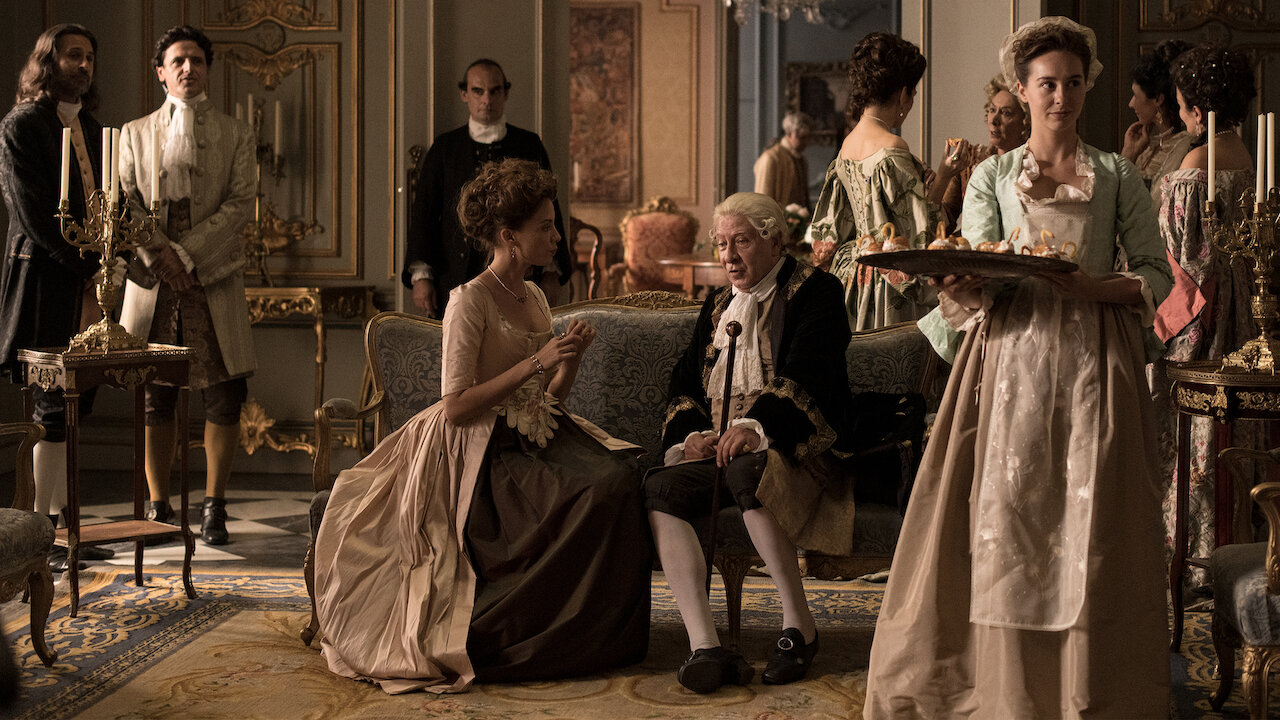A brilliant Spanish period drama set in the early 18th century, ‘The Cook of Castamar’ follows the life of Clara Belmonte, a cook with agoraphobia, as she finds employment in the household of the Duke of Castamar. Created by Tatiana Rodríguez and starring renowned talents like Michelle Jenner, Roberto Enríquez, and Hugo Silva, the period piece has been praised for its performances, compelling storyline, and gorgeous production design.
Originally titled ‘La cocinera de Castamar,’ the Spanish show is set in Madrid, where the Duke of Castamar holds his residence. Filmed in Madrid, Segovia, and Cuenca, the historical drama brings a true-to-life representation of the culture, food, and lifestyle of the 18th century. If you are wondering whether the story of romance and passion is based in reality, we come bearing answers!
Is The Cook of Castamar Based on a True Story?
No, ‘The Cook of Castamar’ is not based on a true story. Considering the historical elements of the period drama, it is natural for fans to believe the story might be real. However, the TV show is an adaptation of the eponymous fictional novel by author Fernando J. Muñez. At a time when the literacy rate of women was at an all-time low, many believed that their best chance at a good life was only through a good marriage.

Even in such an era, the protagonist Clara Belmonte is shown to be well educated and cultured. Unfortunately, her father’s death leads to the ruin of their family and, subsequently, her developing agoraphobia. Thus, unable to continue her education, Clara falls back on cooking and manages to find a job at the Duke of Castamar’s kitchen. The rest of the story portrays how Clara slowly wins over the widowed Duke and finds a place in his heart.
The show veers quite close to historical accuracies, especially when it comes to costumes and uniforms. Moreover, the brilliant set design contributes to authentic backdrops which feature beautiful 18th-century Spanish architecture. Another highly accurate historical fact tackled by the show is the taboo against the mixing of classes – the Duke is a nobleman, while a cook is generally looked down upon. The show uses their relationship as a basis to showcase the orthodox, stubborn, and regressive society of that time.

Furthermore, another critical historical factor ‘The Cook of Castamar’ gets right is its food. Cuisine or food plays a vital role in the show as that is the initial method of expression Clara uses to converse with the Duke. Through her culinary abilities, she is able to build up a position in the household and even show off her cultured background. Perfectly mirroring the cuisine of that century, the show exhibits an authentic take on food that seems to be right out of the pages of history.
However, ‘The Cook of Castamar’ does veer away from history at some points, especially when it comes to sexuality and romance. In the 18th century, a relationship between a master a servant would probably be despised, and the woman might even be blamed for bringing temptation to the master’s mind. Yet, the show takes a modern approach where each character is responsible for their own thoughts and actions.

In a beautiful change from the orthodox practices, Clara Belmonte’s arrival does not bring controversies but instead changes the life of the Duke of Castamar for the better. Thus, we see how even if ‘The Cook of Castamar’ is driven by a fictional narrative, its setting, characters, and culture can easily be used to paint a lifelike picture of early 18th-century Spain.
Read More: Best Historical Shows on Netflix


You must be logged in to post a comment.